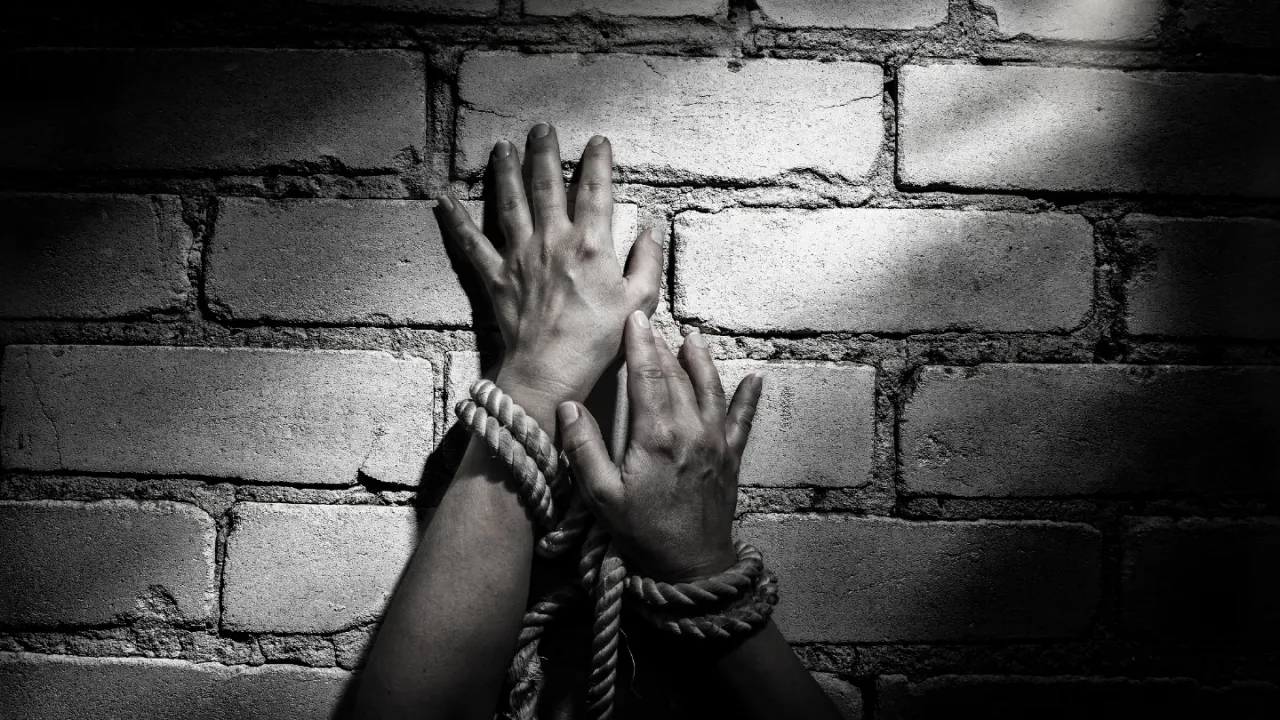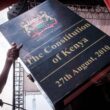NAIROBI,Kenya – Women and girls in Kenya constitute a vulnerable population that is susceptible to the emerging scourge of modern-day slavery commonly known as human trafficking or trafficking in persons which is manifesting itself in the form of sexual exploitation.
Human trafficking in general and sexual exploitation, in particular, is the worst form of violence and violation of women’s fundamental rights such as the right to life, human dignity, and physical integrity as espoused in the Protocol to the African Charter on Human and Peoples’ Rights, which Kenya is a state party to.
Before delving into the complexities, intricacies, and challenges of women and girls trafficking it is important to define human trafficking. In layman’s language, human trafficking is the selling of people for profit. From a legal definition perspective, human trafficking is a crime that involves the use of force, fraud, or coercion to obtain labour or commercial sex act. Sexual exploitation is among various forms of human trafficking.
The discussion of trafficking was for a long period conceptualised as a crime that only involves transporting a person from one country to another. However, that is not only the case for trafficking to occur. Women and children can be trafficked even within Kenya. However, the majority of victims of sexual exploitation continue to face challenges in reporting and accessing justice for sexual exploitation violations due to various reasons such as poverty, inequality and the clinical nature of justice systems.
It is estimated that over 40,000 young people are affected by sexual exploitation in Kenya’s Port City of Mombasa where some are forced to have group sex with tourists under the guise of sex tourism. This is a classic example of human trafficking in the form of sexual exploitation.
Economic hardships, limited opportunities and lack of education make women and girls easy targets of perpetrators of sexual exploitation.
The International organization for Migration IOM identified Kenya as a transit, source, and destination for sexual exploitation which is rearing its ugly head in various communities.
Kenya is a state party to the United Nations Protocol to Prevent, Suppress, and Punish Trafficking in Persons, especially Women and Children which is commonly known as the Palermo Protocol. However, despite being a state party trafficking in general and sexual exploitation of women and children remain a challenge.
Article 28 of the constitution of Kenya provides that every person has inherent dignity and the right to have that dignity respected and protected. Kenya ratified the African Charter on Human and Peoples’ Rights (ACHPR) which unequivocally provides that human beings are inviolable and that every human being’s life and integrity shall be respected.
Therefore sexual exploitation of women strips off their integrity and dignity which requires concerted effort from the government and other law enforcement agents to galvanize themselves into one formidable force in fighting the scourge of sexual exploitation of women.
Despite the prevalence of sexual exploitation of children and women in Kenya, the lack of a national database for recording child sexual exploitation cases makes it difficult to comprehend the actual magnitude of the scourge. This makes it difficult to come up with effective measures meant to combat the scourge.
There is a need for deliberate governmental programmes to invest in the aggressive implementation of socio-economic rights and social infrastructure to fight poverty and inequality which are the chief factors making women and young children vulnerable to sexual exploitation.
More awareness, advocacy and training of players in the justice delivery system is urgently needed for the country to be well-equipped to protect and promote the rights of women and girls from sexual exploitation.
The writer, Zororai Nkomo is a Zimbabwean Human Rights Lawyer, journalist, social justice advocate and programme intern at ICJ-Kenya. This article was first published on Citizen Digital.







